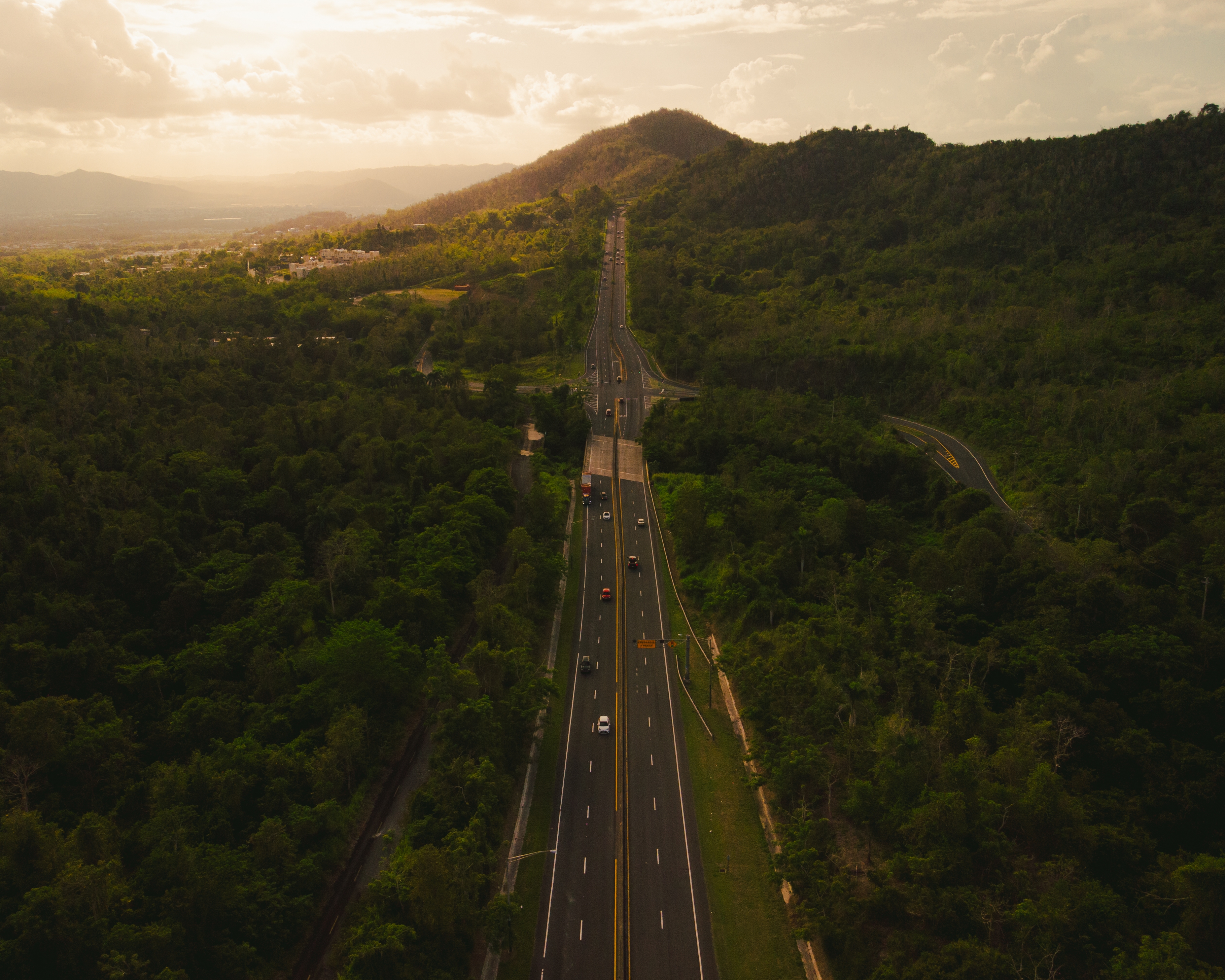Oversight board, power plant operator threaten renewable energy transformation

Key Takeaways:
Renewable energy sources now provide 9% of Puerto Rico power, due to individual households and businesses.
The growth in renewables—especially solar and batteries—is a response to the inability of the island to provide affordable and reliable electricity.
Puerto Rico’s transition to renewable energy is threatened by federal regulators and its power plant operator.
The commonwealth’s legislature and energy bureau are pushing for more renewable energy; a federal oversight board and power plant operator are tying its future to natural gas.
Puerto Rico residents and businesses have moved rapidly to install rooftop solar and storage in recent years to improve their resiliency in the face of an unreliable power system. The latest report from the Institute for Energy Economics and Financial Analysis (IEEFA) highlights this bright spot in the transformation of Puerto Rico's electrical system towards more renewable energy—an effort that overall is behind schedule and plagued by major conflicts of interest.
IEEFA finds that Puerto Rico’s long-touted transition to renewable energy is threatened both by the Financial Oversight and Management Board’s (FOMB) latest efforts to undermine rooftop solar expansion on the island, and by the efforts of New Fortress Energy to expand natural gas supply to the island, where its subsidiary Genera PR is now contracted to operate the majority of Puerto Rico’s power plants.
“Almost seven years after Hurricane Maria, Puerto Rico’s grid remains antiquated and unable to provide reliable service. The blackouts Puerto Rico is experiencing are another example of why rooftop solar is so critical for providing resiliency to households,” said Tom Sanzillo, IEEFA director of financial analysis and author of the report. “Our report documents the tens of thousands of individual households and businesses that have been installing solar energy with battery backup for the past seven years, largely without the benefit of any direct subsidies, to have a reliable supply of electricity. This shows residents’ overwhelming lack of confidence in the managers of the electrical system.”
Renewable energy generation in Puerto Rico is now 9%, up from 2% to 3% before Hurricane Maria in 2017, with all growth due to individual households and businesses installing rooftop solar and storage.
There is a broad consensus among stakeholders on the need to transition to renewable energy:
- The FOMB has cited the importance of renewable energy to reduce vulnerability to volatility in fossil fuel prices. The utility cannot emerge from bankruptcy as a going concern with a balanced budget if its enterprise is wedded to the highly volatile operating environment caused by continued reliance on diesel, fuel oil and natural gas.
- In 2020, the Puerto Rico Energy Bureau approved a long-term plan for the utility that calls for a rapid expansion of solar and energy storage on the island. The bureau’s orders underscore the concern for affordable and reliable energy.
- The Puerto Rico Legislature, with the support of several governors, has supported the expansion of solar energy. In the island’s energy public policy law, Law 17-2019, the legislature acknowledged the urgency of the need for renewable energy expansion and recently made clear that it will continue to support greater investment in the renewable space.
Despite this consensus, the FOMB has recently attacked a Puerto Rico law to extend net metering (the policy that compensates solar owners at the retail rate for energy exported to the grid) until 2030, threatening to take the commonwealth government to court if it does not rescind the law.
And one of the most significant long-term threats to this transformation is the presence of New Fortress Energy’s subsidiary Genera PR as the operator of Puerto Rico’s power plants. New Fortress has publicly stated that its goal is for the future of Puerto Rico’s electrical system to be natural gas, “supplemented” by solar and storage. This statement blatantly contradicts the island’s public policy of a transition to 100% renewable energy. The most significant action that the government of Puerto Rico could take to signal its commitment to its own energy public policy would be the cancellation of the Genera contract.














